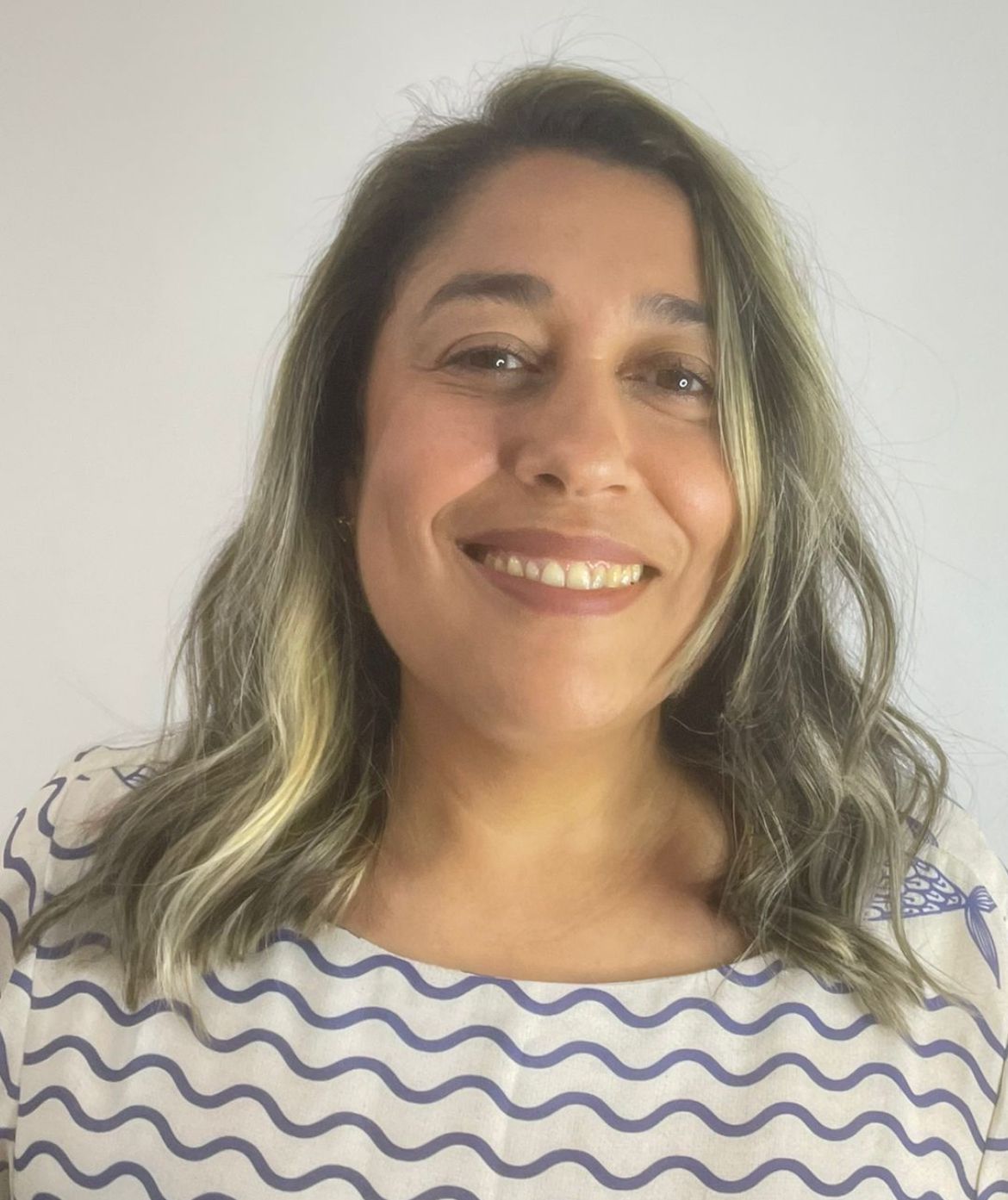
Priscilla Marques
Priscilla Marques holds a Master 's degree in Anthropology and is currently a PhD candidate in Sociomuseology with the project funded by the UNESCO Chair of “Education, Citizenship and Cultural Diversity” : “Sociomuseology and community-based tourism: Practices, dynamics and challenges in the museological processes of Ilha de Deus and Bomba do Hemetério in Recife, Brazil”. She is a member of the ReLeCo Memory, Citizenship and Sociomuseology.
Advisor: Clovis Carvalho Britto
Áreas de interesse académico e científico Areas of academic and scientific interest
- Tourism
- Cultural Management
- Sociomuseology
Abstract
This thesis aims to understand how the communities Ilha de Deus and Bomba do Hemetério, located in Recife, northeastern Brazil, develop the practices and dynamics proposed by sociomuseology and use them to add value to the tourism they manage in their territories. Both social museology and community-based tourism, a common tourist modality in both communities, are characterized by the leading role of the community in their design and management processes. This similarity brings the fields closer together and helps to understand the importance in the contemporary world of communities, which were previously invisible, deciding what constitutes heritage, which narratives deserve to be safeguarded and shared, which daily practices can be shared with visitors, whether tourists. or not, what type of tourism is wanted there. As a methodology for the investigation, bibliographical research was used to compose the theoretical reflection of the study and field research, using participant observation, documentary research and the application of interviews with community interlocutors as data collection tools, for the purpose of development of the other chapters of the thesis. It is understood that the museological processes that each of these communities go through help them to shape a more intimate tourist experience, with their stories of struggles and resistance as the main asset, providing visitors with a dive into the daily lives of these social groups, escaping the stigma of poverty- scarcity in which these communities are often allocated, to show the richness of their practices and narratives. The community's leadership in the development of tourism in their territories is also reflected in the leadership they exercise in their museum processes. It is clear that these are processes that feed back on each other. Understanding the relevance of their stories and narratives is as important for the community's self-knowledge as it is important for adding more value to what is shared with visitors, thus generating a unique product and providing increased self-esteem and improved quality of life for these people. communities, fundamental elements for understanding sociomuseology and community-based tourism as tools truly capable of generating local and sustainable development.



